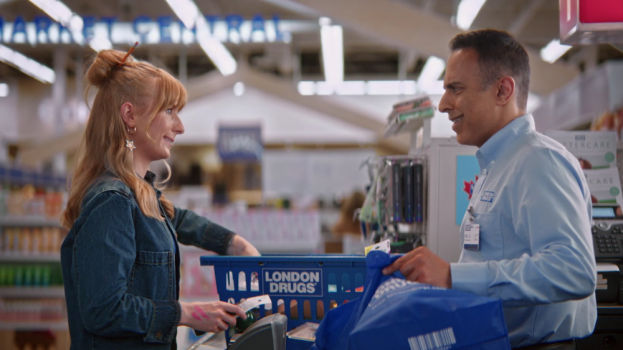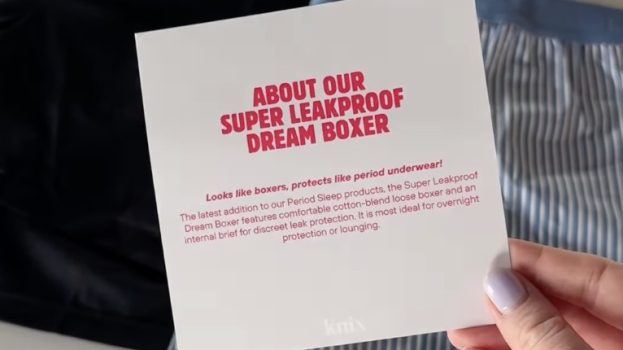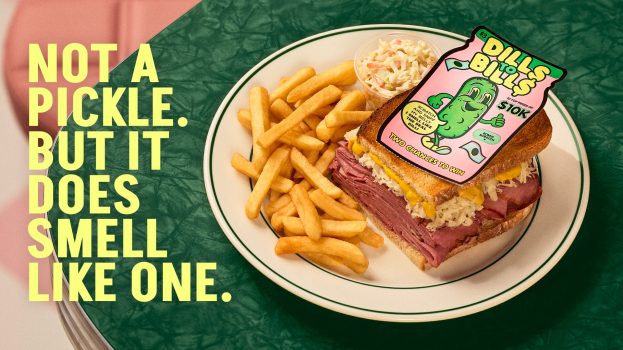A new campaign is pulling a method from the Cola Wars to help educate the public and fight the opioid epidemic.
In a reference to the classic “Pepsi Challenge” marketing campaign – in which participants taste-tested unmarked cups and cans of Pepsi and Coca Cola – people in a Toronto park were invited to participate in the “Coke Challenge.” But when they agreed, they were instead presented with two identical bags of cocaine and asked to tell which one was pure and which was cut with fentanyl.
[iframe_youtube video = “pHWq_T054bc”]
The campaign and video is for DanceSafe, a public health organization that promotes harm reduction and recreational drug education, and was created by The Garden in time for International Overdose Awareness Day on Saturday. The org also sells testing kits to help recreational users know if their drugs have been laced with unintended substances, such as amphetamines and opioids. Started in 1998 and initially focused on the nightlife and electronic music scene, the organization is now the world’s largest reseller of fentanyl test strips, distributing over 20,000 per month directly to drug users at music events across Canada and the U.S.
Fentanyl has been the major force driving the opioid epidemic. Many overdoses and deaths are among those who are taking other illicit drugs, unaware that it contains fentanyl, resulting in 40,000 deaths in North America last year. Since 2016, fatalities from fentanyl-laced cocaine have grown at a faster rate than those from fentanyl-laced heroin at more than 5,000 per year, partially because cocaine users tend to have little to no opioid tolerance.
The rise in overdose deaths has resulted in naxloxone kits, which can be used to help reverse an opioid overdose, being carried by people ranging from police forces to bar and music venue owners to private citizens looking to be prepared. But Emanuel Sferios, founder of DanceSafe, says that while naloxone kits have been effective in reducing overdoses, the strips are meant to prevent them from happening in the first place.
The approach of the campaign and DanceSafe’s work is more broadly aimed at harm reduction, which are strategies to reduce the negative consequences of drug use, instead of simply banning illicit substances and driving users into environments where they’d be less safe.
“We know that the days of ‘just say no’ are long behind us, and that the war on drugs was lost,” says Shane Oglivie, founder of The Garden. “We want to help educate people on harm reduction strategies that can actually make an impact, and shift the public conversation towards practical, evidence-based solutions to the opioid crisis.”























